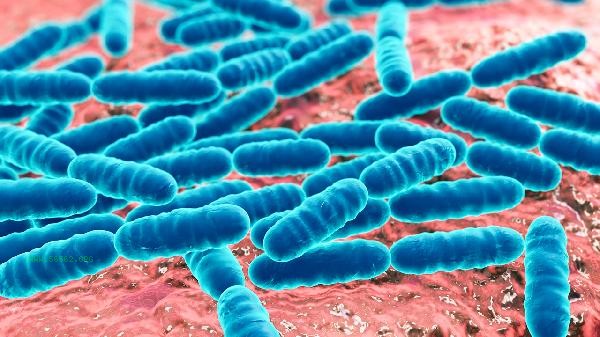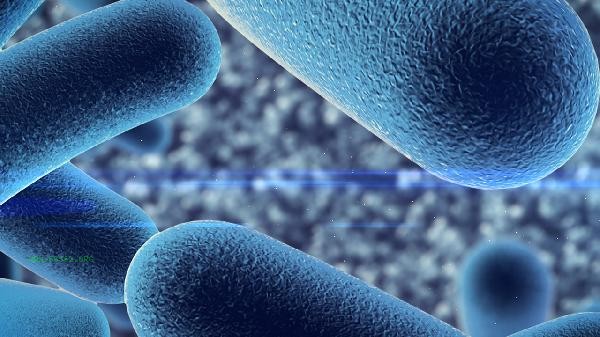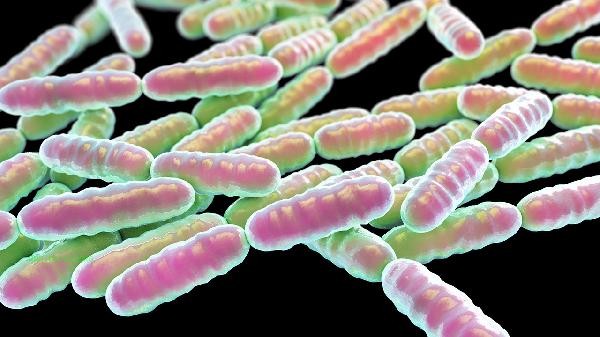Supplementing probiotics during weight loss can be optimized by adjusting intake time, selecting appropriate strains, controlling dosage, combining dietary fiber, and avoiding high temperature damage.
1. Time selection:

Taking probiotics on an empty stomach or 30 minutes before meals is more effective. When gastric acid secretion is low, it is beneficial for live bacteria to pass through the digestive tract. The ideal time is two hours after waking up in the morning or before going to bed. Some people may take it after meals to reduce gastrointestinal irritation, but it is necessary to avoid high-fat diet within 1 hour.
2. Strain matching:
Select clinically validated weight loss related strains such as Bifidobacterium animalis B420 and Lactobacillus rhamnosus GG strain. There are differences in the metabolic regulation effects of different strains, and composite strains are more effective in improving gut microbiota diversity than single strains. It is recommended to choose products containing 3-5 professional strains.
3. Dose control:

Daily intake of 5-10 billion CFU can meet weight loss needs, excessive intake may cause bloating. The initial dose can be started at a low level and gradually increased after 2 weeks. Capsule preparations are easier to accurately control dosage than powder preparations, and liquid probiotics need to pay attention to their activity retention period.
4. Dietary synergy:
Paired with ingredients rich in oligofructose such as onions and oats can promote the growth of probiotics. Eating green tea and berries containing polyphenols together can enhance anti-inflammatory effects. Avoid consuming antibiotics and chlorine containing tap water at the same time, with a minimum interval of 2 hours.
5. Storage precautions:
powder probiotics should be sealed and refrigerated after opening to avoid humid environments. The brewing water temperature should not exceed 40 ℃, and solid capsules can be directly taken with cold water. Choosing products with aluminum foil independent packaging can better ensure the retention rate of activity during transportation and storage.

Continuous supplementation of probiotics requires a daily intake of 30 grams of dietary fiber and regular exercise. It is recommended to choose natural probiotic sources such as fermented dairy products and kimchi as dietary supplements. Pay attention to observing bowel movements and changes in body fat. If persistent diarrhea occurs, adjust the strain type. Maintaining a daily 8-hour fasting period during weight loss can help regulate the rhythm of gut microbiota and prevent nighttime eating from affecting the colonization effect of probiotics. Different seasons can adjust the bacterial strains accordingly, with priority given to high-temperature resistant Bacillus species in summer and a focus on supplementing with Bifidobacterium species in winter.




Comments (0)
Leave a Comment
No comments yet
Be the first to share your thoughts!